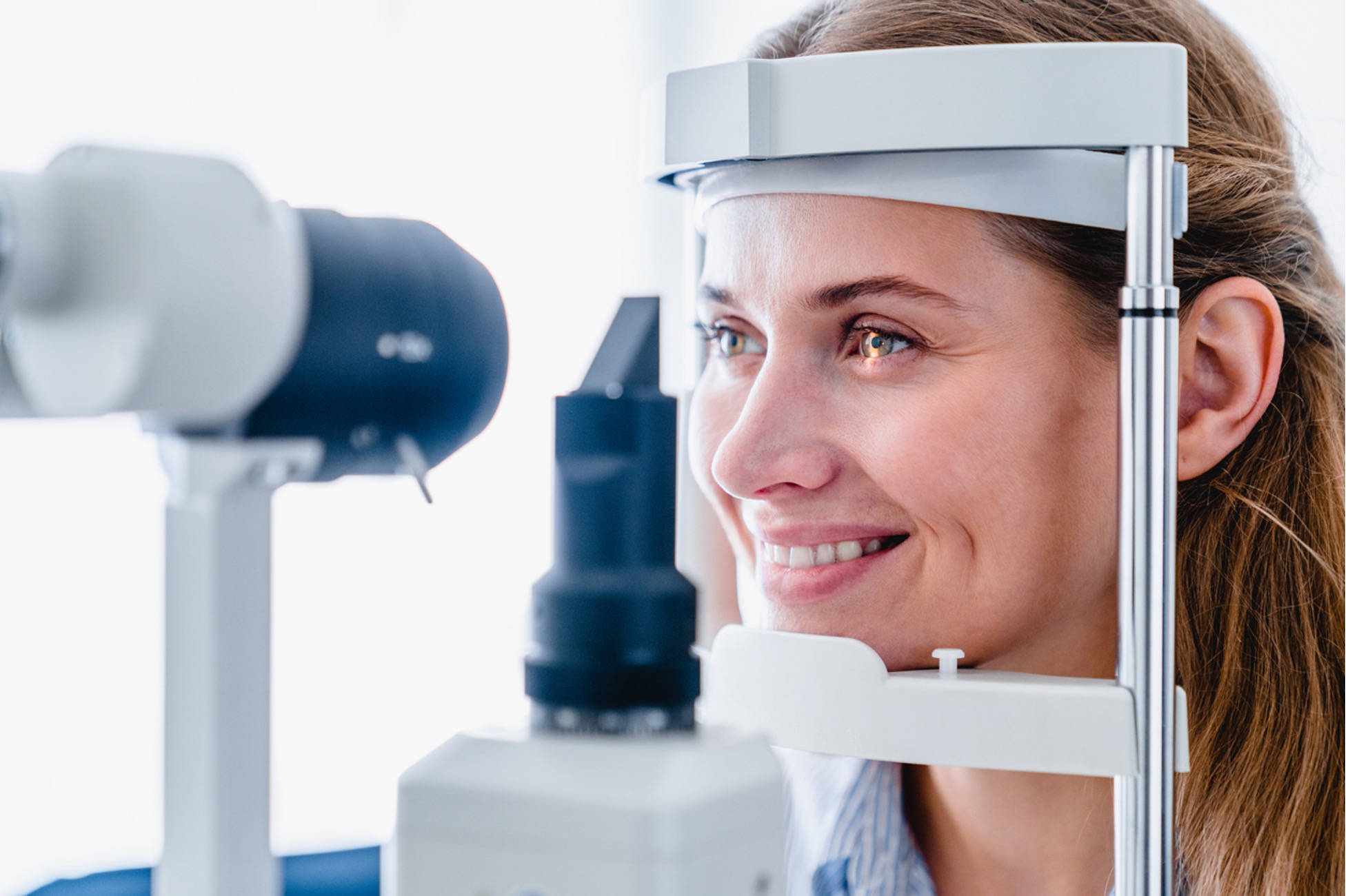Professional Glaucoma Service Near Me: Advanced Therapy Options
Professional Glaucoma Service Near Me: Advanced Therapy Options
Blog Article
Recognizing the Different Eye Conditions Treated by Specialized Eye Treatment Professionals
In the realm of eye treatment, specialized experts play an essential role in diagnosing and dealing with a wide range of eye problems. From typical refractive mistakes that influence vision clearness to age-related conditions that position difficulties as we age, the knowledge of these experts includes handling vision-threatening conditions and elaborate corneal conditions. The intricacies of neurological eye problems existing distinct challenges that require specialized care. As we start this expedition of the numerous eye conditions addressed by specialized eye treatment experts, it comes to be obvious that the intricate web of eye health and wellness holds a myriad of interesting insights waiting to be discovered.
Common Refractive Errors
Refractive errors are typical aesthetic problems brought on by an imperfection in the eye's ability to appropriately focus light, leading to obscured vision. One of the most common types of refractive errors include myopia (nearsightedness), hyperopia (farsightedness), astigmatism, and presbyopia. Nearsightedness takes place when the eyeball is also long or the cornea is too curved, causing far-off challenge appear fuzzy. Hyperopia, on the other hand, takes place when the eyeball is also short or the cornea is also level, leading to neighboring things running out focus. Astigmatism is defined by an irregularly designed cornea, resulting in altered or obscured vision at all distances. Presbyopia is an age-related condition where the lens sheds its flexibility, making it challenging to concentrate on close items.
These refractive mistakes can be corrected via different techniques, consisting of glasses, contact lenses, or refractive surgery. Eye treatment specialists play a vital duty in detecting and taking care of refractive errors to help individuals attain clearer vision and improve their quality of life.
Age-Related Eye Conditions
One of the most widespread age-related eye problems is age-related macular deterioration (AMD), a disease that creates main vision loss and can make activities like analysis and driving tough. Cataracts, an additional typical condition amongst older people, cause clouding of the eye's natural lens, leading to blurred vision. Normal eye tests with have a peek at this site specialized eye treatment experts are important for early detection and monitoring of these age-related eye problems to preserve vision and preserve ocular wellness as individuals expand older.
Vision-Threatening Illness
Vision-threatening illness incorporate a series of severe eye conditions that have the potential to substantially influence an individual's sight and overall visual feature. These conditions posture a threat of irreversible vision loss if not without delay diagnosed and treated by specialized eye care specialists. Some common vision-threatening conditions include glaucoma, diabetic person retinopathy, age-related macular deterioration (AMD), and retinal detachment.
Glaucoma is a team of eye problems that damage the optic nerve, frequently due to high intraocular stress, leading to peripheral vision loss and potential blindness if left untreated. AMD is a modern problem impacting the macula, leading to central vision loss.
Early detection, routine eye exams, and prompt treatment are critical in handling vision-threatening illness to preserve sight and keep high quality of life. Specialized eye care experts play an important role in diagnosing, treating, and handling these problems to stop permanent vision loss.

Corneal Disorders
Corneal problems include a range of problems that impact the transparent front part of the eye, known as the cornea. Treatment for corneal problems differs depending on the particular condition but might consist of medicines, call lenses, or in serious situations, corneal transplants. Regular eye exams are vital for early discovery and monitoring of corneal disorders to protect vision and eye health.
Neurological Eye Problems
Neurological eye problems involve conditions that impact the link in between the eyes and the brain, affecting visual handling and general eye function. These problems can materialize in different means, affecting vision, eye movements, and even the coordination in between the eyes. One more tips here usual neurological eye condition is optic neuritis, identified by inflammation of the optic nerve leading to vision loss, shade desaturation, and pain with eye motion.
An additional substantial problem is nystagmus, where the eyes make repetitive, unrestrained activities, impacting visual skill and depth perception. In addition, problems like amblyopia, frequently referred to as "careless eye," result from abnormal visual advancement in early childhood years, resulting in lowered vision in one eye.
Neurological eye problems resource call for customized care from professionals like neuro-ophthalmologists that have knowledge in both neurology and ophthalmology. Diagnosis frequently involves a comprehensive eye assessment, imaging researches, and collaboration with neurologists to attend to the underlying neurological problems affecting the aesthetic system. Therapy techniques can include drug, vision therapy, or in severe instances, surgical interventions to manage these complex conditions efficiently.

Conclusion
To conclude, specialized eye care specialists treat a large range of eye conditions, including common refractive mistakes, age-related eye problems, vision-threatening diseases, corneal disorders, and neurological eye conditions - refractive surgeries in al. By understanding these numerous conditions and seeking ideal treatment from eye treatment experts, people can maintain optimal eye health and wellness and vision. It is necessary to focus on routine eye assessments and follow suggested therapy strategies to protect and shield one's vision for the future
Report this page